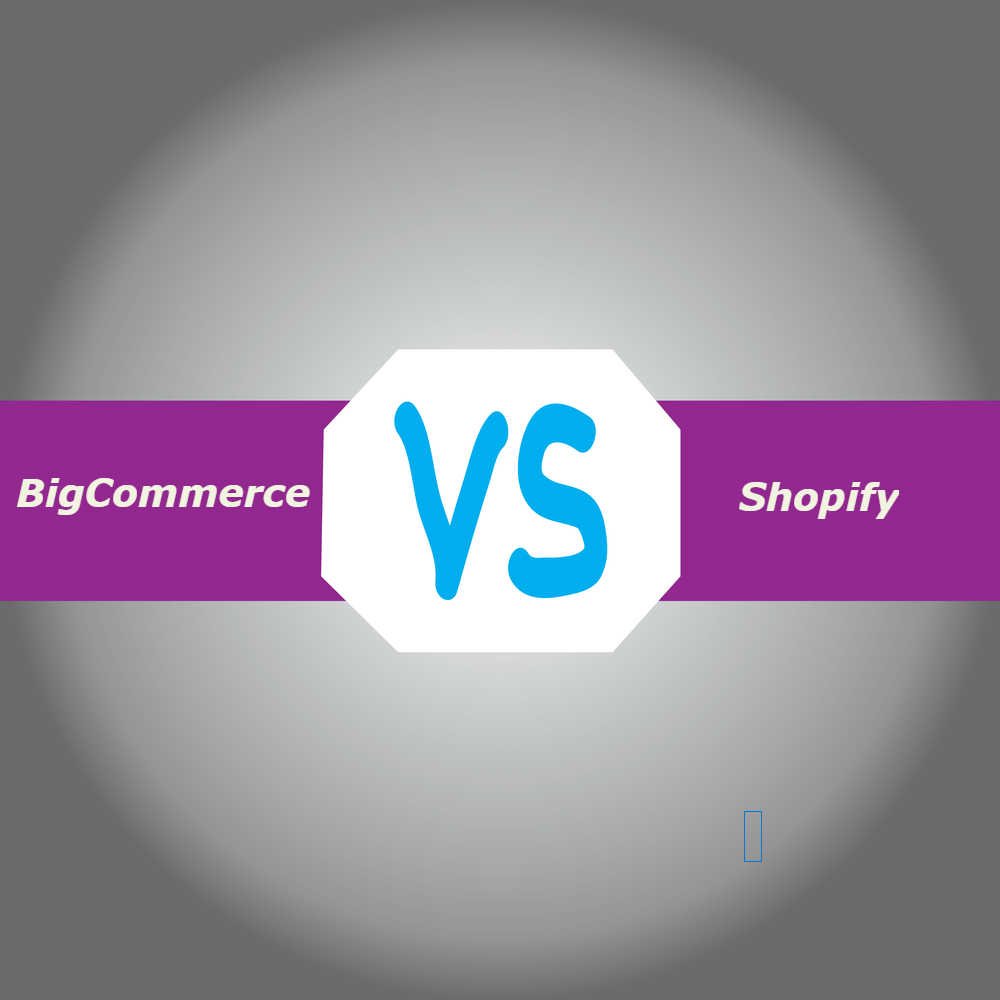
BigCommerce VS Shopify Which Is Better
A popular topic of discussion amongst online business owners and aspiring entrepreneurs revolve around the merits between BigCommerce and Shopify. Which is better for the user? Which should they consider using? Before going any further, here’s some information to shed some light upon the topic:
Price
When it comes down to price, both BigCommerce and Shopify are considerably more affordable compared to other Ecommerce solutions out there. However, there are certain key price differences to address between the two as well. Both Ecommerce solutions offer payment on a monthly basis based on the plans that are used.
Shopify offers up to 4 pricing plans, with the basic plan being priced at $29 per month and offering features like unlimited products, selling through social media (Facebook, Twitter, Pinterest), selling through online ecommerce stores, 24/7 support, simplified buy buttons that can be placed on all websites and more. BigCommerce offers up to 3 pricing plans, with the basic coming in at $30 per month. The basic plan from BigCommerce offers unlimited products, 24/7 support, reporting tools, shared SSL certificates and more!
When it comes to price, both ecommerce solutions are ranged about the same. The deciding factor would then fall on your requirements- do you need an entire ecommerce store or would just a buy button suffice? If the latter is the case, you can opt for Shopify instead.
Design
Taking the design aspect in consideration, Shopify takes the lead with more than 100 and counting Ecommerce templates for users to choose from. Easily accessible through the official Shopify theme store, users can filter through templates easily and locate templates that are optimised to cater to their specific market. All Shopify templates are mobile responsive and work great on multiple devices, with a free range of control over design HTML and CSS. Shopify even has a drag and drop editor for simple customisation, which is a great source of convenience to all who lack background knowledge in website design.
BigCommerce on the other hand, does not own an extensive library of design templates like Shopify does. Not all of the templates found in BigCommerce support style editors or are mobile responsive, which can pose a problem for website owners since they put a damper on user experience. While BigCommerce templates also grant users full control over HTML and CSS for customisation, Shopify is still superior in terms of simplifying the whole process without compromising on functionality.
Product Management
Each ecommerce solution specialises in different areas when it comes to product management. Shopify offers a wide range of capabilities when it comes to adding new products, capable of generating individual parameters for products and facilitating customer conversion with important buying information. Website owners are given access to all of the important features one needs in order to succeed and run their store smoothly.
BigCommerce is also user friendly when it comes to product management. However, if one were to take a closer look, it is evident to see that the fields they provide are a fraction more complex. BigCommerce allows users more options for setting details but they also contain multiple features that may be dated since not all business owners require certain functions anymore.
At the end of the day, both Ecommerce solutions have their own winning points. However, if you are a beginner in website design, it is important for you to be able to achieve a simple functioning layout for your website. If you are looking for an Ecommerce solution that is not only pleasing to the eyes but also easily customisable, you should try Shopify. If you are an experienced web designer yearning for growth and unrestricted special features, then you should try out BigCommerce instead.